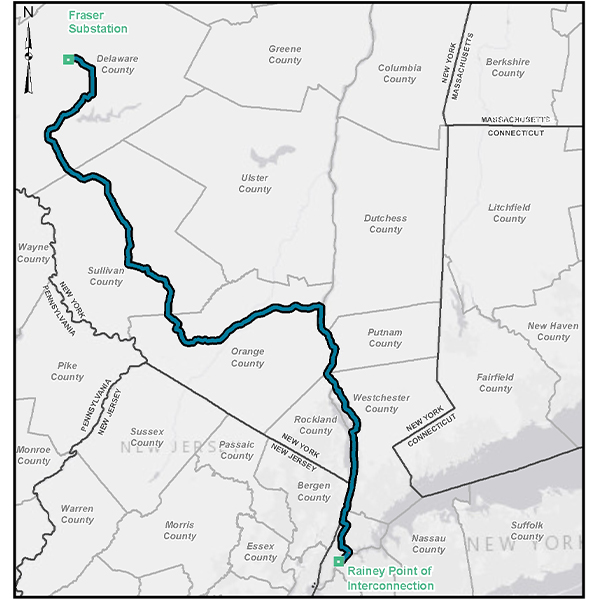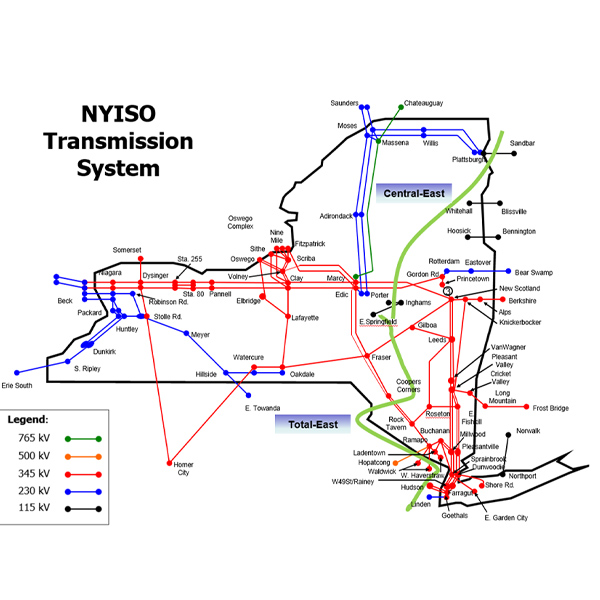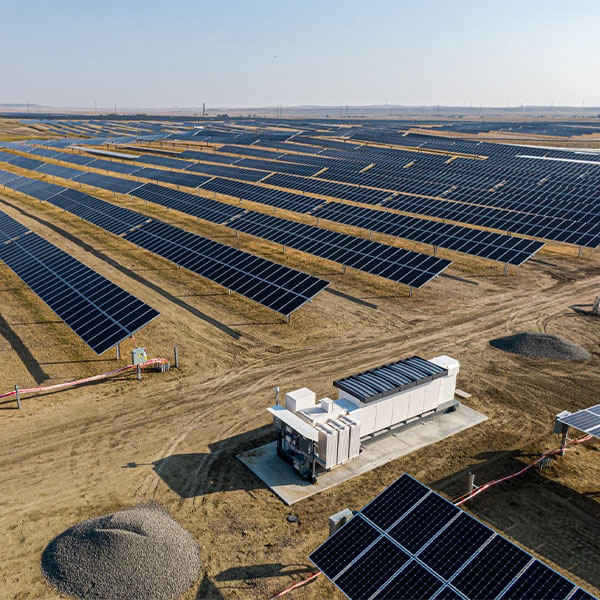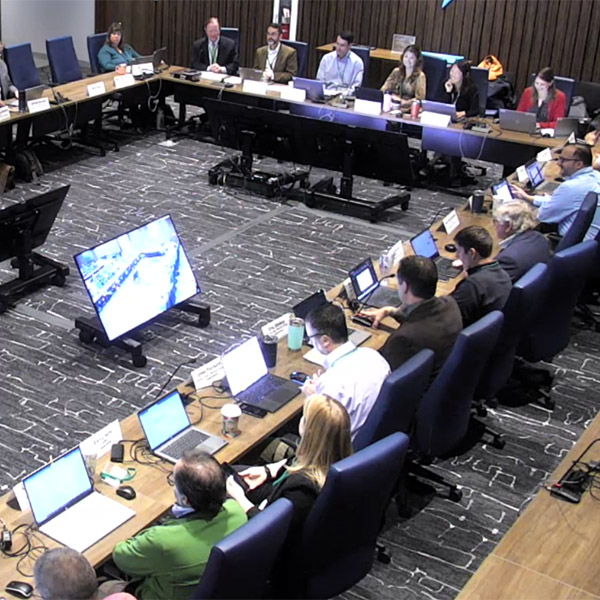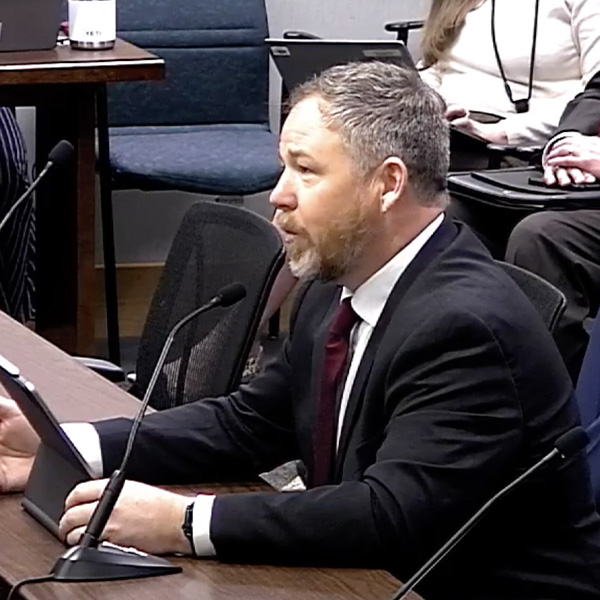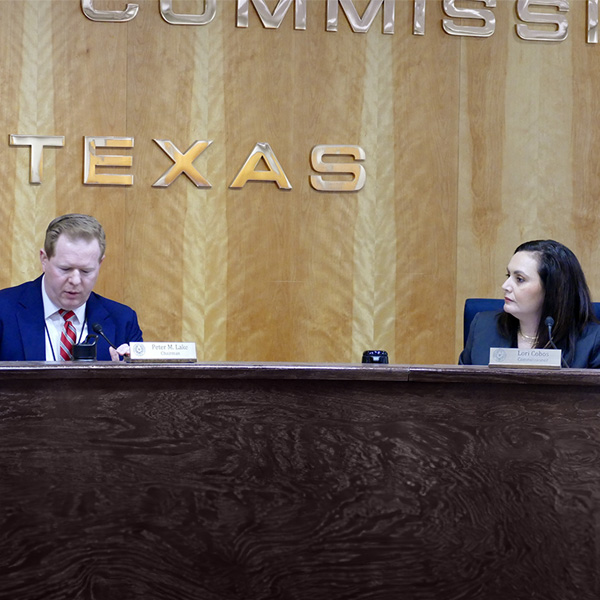State & Regional
AlabamaAlaskaArizonaArkansasCaliforniaColoradoConnecticutDelawareDistrict of ColumbiaFloridaGeorgiaHawaiiIdahoIllinoisIndianaIowaKansasKentuckyLouisianaMaineManitobaMarylandMassachusettsMichiganMinnesotaMississippiMissouriMontanaNebraskaNevadaNew HampshireNew JerseyNew MexicoNew YorkNorth CarolinaNorth DakotaOhioOklahomaOregonPennsylvaniaRhode IslandRTO-IndianaSouth CarolinaSouth DakotaTennesseeTexasUtahVermontVirginiaWashingtonWest VirginiaWisconsinWyoming
Massachusetts Gov. Maura Healey emphasized the importance of collaboration among Northeastern states, provincial governments, energy companies, and labor groups at the New England Energy Summit.
Entergy Louisiana confirmed a new, $10 billion Meta AI data center is the motive behind its recent filing to build three new gas plants at a combined 2.3 GW.
Portland General Electric’s rate hikes largely stem from increased wholesale power market costs, the utility wrote after Sen. Ron Wyden voiced concern that Oregon customers are struggling to pay their electricity bills.
CPNY was envisioned as a solution to the heavy reliance on aging fossil fuel power generation in the densely populated New York City region.
NYISO published the final, approved version of the 2024 Reliability Needs Assessment, which identifies a reliability need in New York City beginning in 2033.
Pennsylvania regulators hosted several panels to discuss PJM's tightening reserve margins and how the PUC should respond to the situation, which at least promises more high prices in the near future before new supplies can come online.
Solar developers are urging the New Jersey Board of Public Utilities to extend the completion timelines in the agency’s proposed storage development plan.
ERCOT stakeholders have approved a pair of protocol changes related to transmission planning as the Texas grid operator continues to grapple with connecting incoming load to its system.
ERCOT will recommend that its Board of Directors approve a reliability-must-run contract for one of three aging CPS gas units, set for retirement, to maintain reliability in the San Antonio area.
Texas PUC Commissioner Lori Cobos plans to step down from the commission at the end of 2024.
Want more? Advanced Search



